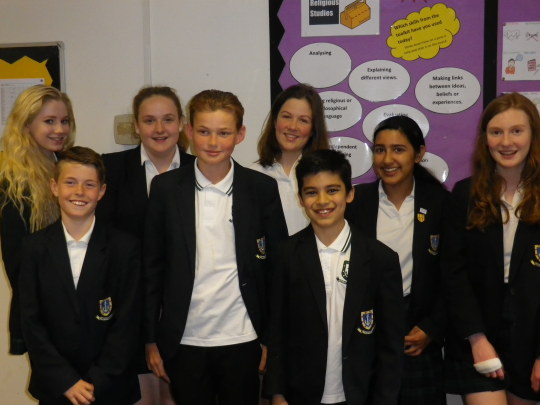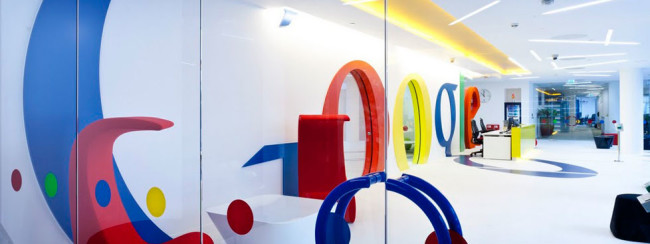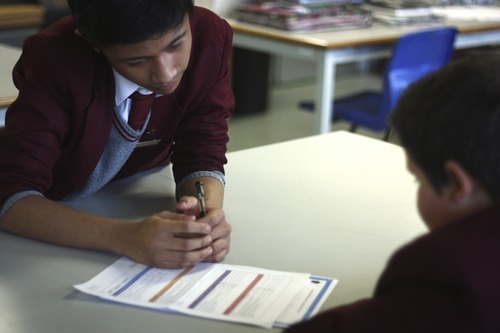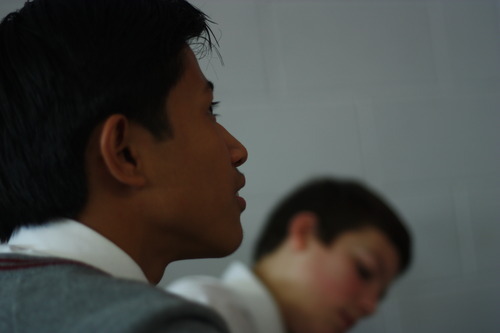
September marked the start of the third year of the Franklin Scholars programme. This time two years ago, Jess had recently founded the organisation and was running the programme herself in two London Schools. This time last year, the illustrious Olly came on board and together they ran the programme in seven schools, in London and the North West. This year, the team has grown with the help of Emily and Lizzie, we have moved into our very first little office, and we are running the programme in 13 schools, in London, the North West and the South West.
As the first half of the Autumn 2015 term comes to an end we ask ourselves - where has the time gone? Reflecting on the past couple of months we are filled with many fond memories and reminded of a couple of challenges. Here are some reflections from Team FS: Jess, Olly, Emily and Lizzie.
Olly
This half term has been our busiest yet! One of the incredible things to come from that has been meeting and training all of this year’s Franklin Scholars and preparing them for the year ahead. It’s been fantastic to visit all of our schools – including all of the new schools and new geographical areas that we are bringing into the Franklin Scholars community. There have been some challenges though, chiefly learning so many names! I’ve been getting a few jumbled up but hopefully I’ve been doing OK. Being in lots of different schools also means I’ve been spending more time apart from the Franklin Scholars team – which has been getting bigger. It’s been great to welcome Emily and Lizzie into the team this term. They’ve already been having a fantastic impact on the stuff that we do. Here’s to another great few months of 2015!
Emily
Starting with the Franklin Scholars team this September has been really exciting. I have enjoyed meeting the students, learning about them and what inspires them. I find myself relating to them quite easily. I especially enjoy seeing students get really excited about being a part of our programme; the Franklin Scholars are motivated to help Year 7s, and Year 7s love the idea of having an older student as their personal coach. Another highlight of mine has been getting to know the rest of the team; Olly, Jess and Lizzie are passionate, supportive and kind.
Challenges I am trying to overcome include my anxiety when talking to large groups and understanding the different accents I’m being exposed to. I sometimes get quite nervous when I’m talking to large groups of people, but each time I do it, I feel like my anxiety decreases and I become a little more confident. Since I am Canadian and this is my first time in England, sometimes I find myself struggling in understanding the very diverse accents here. Also, there have been a few times when others had difficulties in understanding me as well. But a good laugh always seems to help the conversation along.
Lizzie
Reflecting back on my first half term with Franklin Scholars, my biggest challenge has been learning about the enterprise, the schools and education across the UK as quickly as possible! Luckily, a highlight of working with the Franklin Scholars team has been that I’m never short of a helping hand.
The support of the whole team and the enthusiasm of the partner schools has made me feel incredibly proud of the work of Franklin Scholars. I’ve left so many interviews with Year 10s feeling overwhelmed by the privilege of being able to meet with so many inspirational students.
Looking forward to the next half of term I definitely still have a lot left to learn. Especially how Olly is able to remember the names of hundreds of students after just one afternoon of training (he’s definitely being too modest in his half term review)!
Jess
Taking this opportunity to reflect on the last few years gives me an immense sense of pride in what we have achieved and built as an organisation, and how, while we continue to grow and reach more young people, we never stop learning and improving - both as an organisation and as individuals.
A challenge for me that has become very real in this last half of term is that as the organisation grows, so my hands-on involvement with our partner schools and young people diminishes. This saddens, challenges and thrills me in equal measures. Saddened at having less direct contact with our beneficiaries – the reason I started doing this in the first place; challenged by the host of new skills and expertise I need to develop to drive the organisation forward; thrilled that I have stellar colleagues who I know do an outstanding job of delivering our programmes. And I can only imagine that these emotions - and more - will continue to provoke each other as we continue to learn, improve, and expand our work over the coming year.
What have been your highlights and challenges? How have they affected you? And how will you work to overcome your challenges? Tweet at us using the #HalfTermReview to join in on the conversation.








_3.png)



